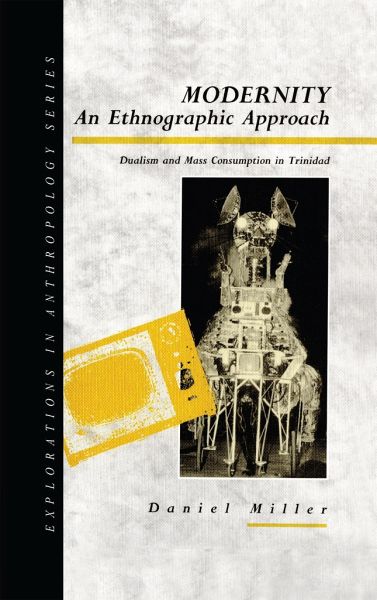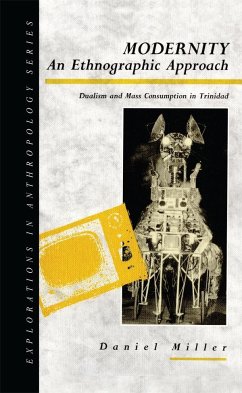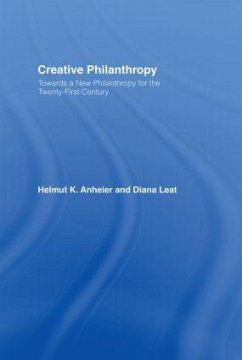
Modernity - An Ethnographic Approach
Dualism and Mass Consumption in Trinidad
Versandkostenfrei!
Versandfertig in 1-2 Wochen
52,99 €
inkl. MwSt.
Weitere Ausgaben:

PAYBACK Punkte
26 °P sammeln!
From cultural studies, sociology, media studies, gender studies and elsewhere there have been a spate of books recently which have attempted to characterize the state of modernity. Many of these have also argued that what is required is an ethnographic work to determine how far these supposed trends actually apply to a given population. This book explicitly accepts this challenge and, in so doing, demonstrates the potential of modern anthropology studies. It starts by summarizing some debates on modernity and then argues that the Caribbean island of Trinidad is particularly apt for such a stud...
From cultural studies, sociology, media studies, gender studies and elsewhere there have been a spate of books recently which have attempted to characterize the state of modernity. Many of these have also argued that what is required is an ethnographic work to determine how far these supposed trends actually apply to a given population. This book explicitly accepts this challenge and, in so doing, demonstrates the potential of modern anthropology studies. It starts by summarizing some debates on modernity and then argues that the Caribbean island of Trinidad is particularly apt for such a study given the origins of its population in slavery and indentured labour, both forms of extreme social rupture. The particular focus of this book is on mass consumption and the way goods and imported images such as soap opera have been used to express and develop a number of key contradictions of modernity. It will be of interest to anthropologists looking for a new potential for the discipline, as well as students in other fields who will be interested in the new contribution of anthropology to their debates.














